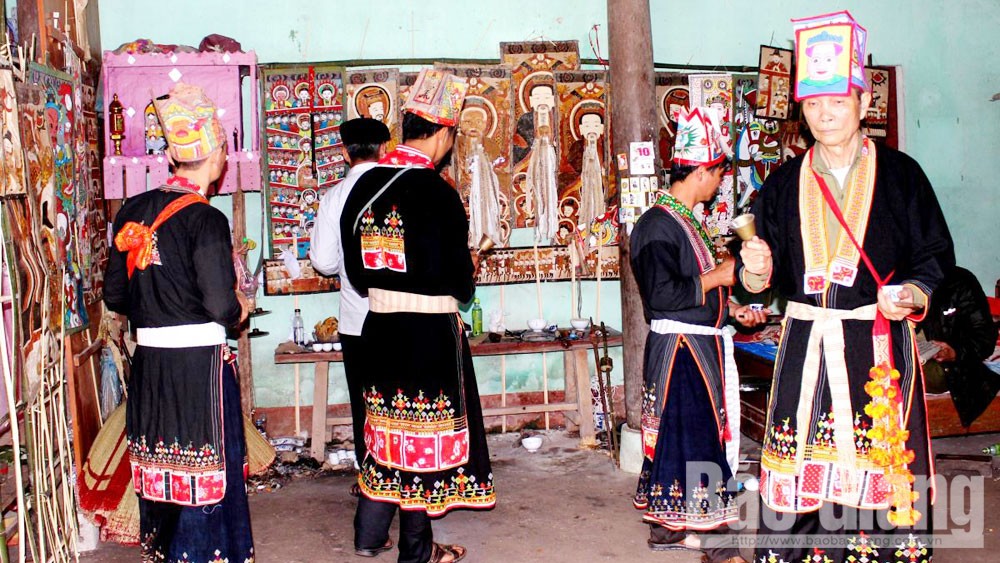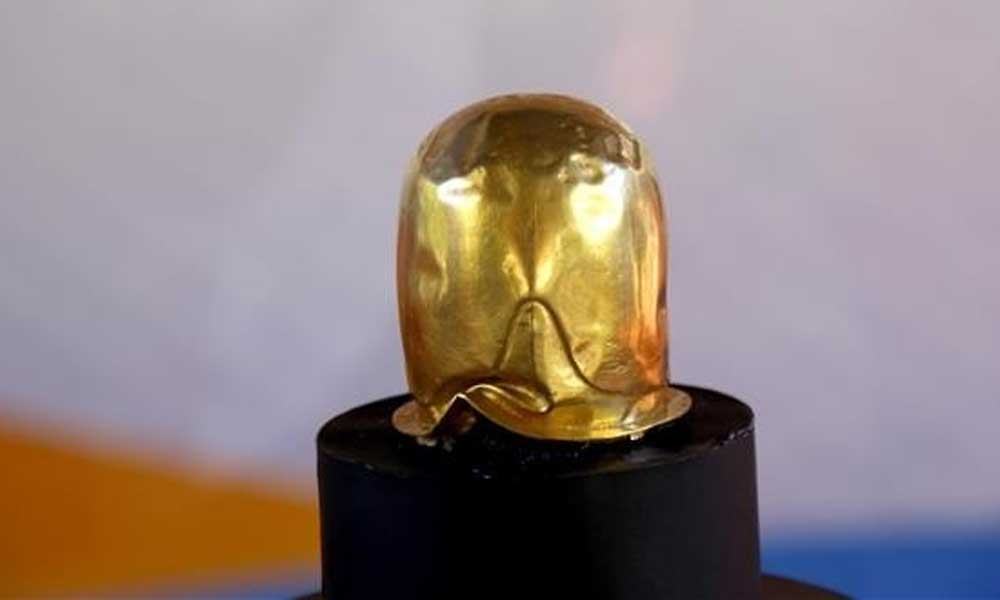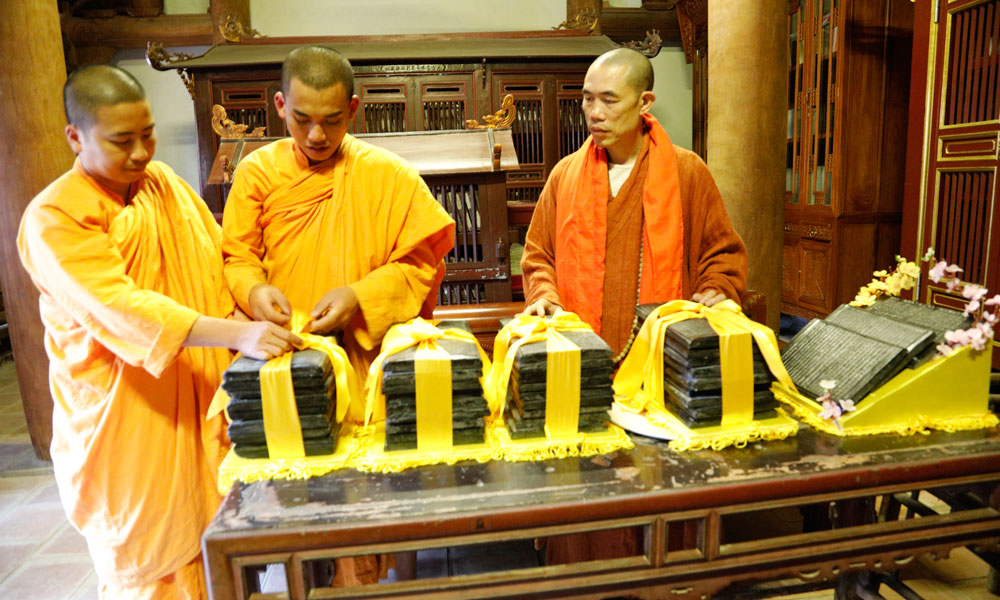Unique cultural heritages of Dao ethnic group on the western side of Yen Tu
The first is to preserve the heritages of voice and script. Today, in the face of the interference between traditional culture and modern culture and civilization, the voices of some ethnic minorities are at risk of being eroded, including that of the Dao ethnic group in western Yen Tu. Surveys of specialized agencies show that some of the young generations do not know or know very little of the spoken language of their ethnic group.
 |
|
The “cap sac” ritual of Dao people in Tuan Mau commune (Son Dong district). |
After the voice, the script of the Dao people has gradually faded away. Formerly, the Dao used Chinese characters to record life-related matters. However, Chinese characters were read by the Dao according to their own sounds and it became the language and script of the Dao people.
Thanks to the script, the Dao people now keep a lot of information about their origin, lineage, religions, beliefs, ethnic customs and festivals ... Nowadays, the national script has been used commonly, but the Dao's script also needs to be preserved for the purpose of serving the cultural life of the community and it is also a unique culture that bears the own identity of the Dao people in the contemporary society.
The preservation and promotion of cultural heritages such as customs, festivals, worshiping beliefs and ethnic costumes ... of the Dao people in Thanh Son, Thanh Luan and Tuan Mau communes (Son Dong district) are also very necessary to promote tourism development in western Yen Tu.
In the religious life, the Dao people are influenced by the folk beliefs, the belief of worshipping the Gods, Buddhism and Confucianism. On the other hand, they also acquire the belief of worshiping the village tutelary god of the Kinh people such as in Tuan Mau village of Tuan Mau commune (Son Dong). This is a place where cultural and religious activities and festivals of the Dao community are preserved.
The ancestors of the Dao are King Pangu and family forbears while the Gods include Than Nong, Tho Dia, Thai Thanh, Thuong Thanh, Ngoc Thanh and Thanh Hoang. In addition to worshiping the ancestors and the Gods, the Dao people also have the “cap sac” (maturity ritual), a rite of passage declaring the coming-of-age of Dao men. This is also a unique cultural feature.
The maturity ritual is only for Dao men. The homeowner invites guests and relatives to attend a patty to wish the targeted man good luck in his life. The ritual requires the shamans to wear the costumes of their ethnic groups.
The targeted man must disguise himself. People link ancient coins, red paper and rice ears together, then tie the hair and put on the shoulders of the targeted man with the wish for good things from the ancestors, especially King Pangu. In the process of practicing the ritual, the shamans also sing and use music instruments such as drum, sinh la, sinh tien and kien sinh tien to dance very lively and attractively.
The “cap sac” ritual of the Dao reflects the teachings written in the “cap sac” document that want the targeted man to do good deeds, not to do evil things, and to remember their origin and ancestors. Therefore, it is also educational and very sacred for the Dao people.
In addition to the “cap sac” ritual, the Dao people in the western Yen Tu region also have holidays and New Year festival closely associated with the agricultural calendar and the crops that they have summarized the experience from generation to generation. These have become indispensable customs in a life cycle.
During the Tet holiday and festivals, the Dao people have another New Year festival called "Nhiang Cham dao” held in the last lunar month, a few days before the Lunar New Year. The festival is organized in every 3 years.
On Tet holiday, young people perform the Dao dances with props like wooden knives and swords. On the "Nhiang Cham dao” festival, the Dao people worship King Pangu and his soldiers with the aim of protecting the life and activities of families, clans and village communities.
Preserving and promoting the unique values of cultural heritages of the Dao ethnic people will contribute to the development of ecotourism and community tourism in the western Yen Tu area.
Dong Ngoc Duong
 Bắc giang
Bắc giang
















Reader's comments (0)